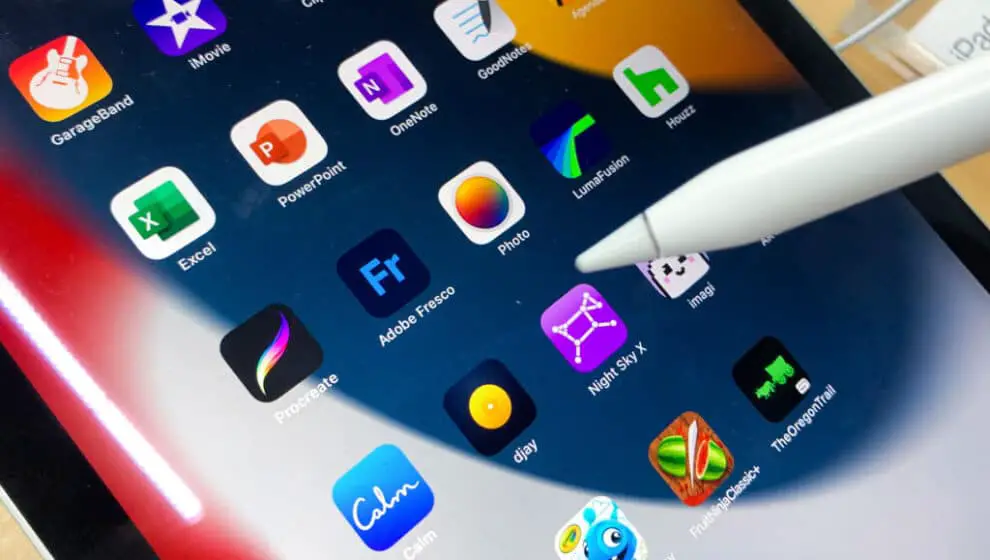The European Union continues to push laws that will force Apple to conform to its standards—allowing third parties to “sideload” apps without first-party approval.
Key Details
- The EU is forcing Apple to conform by allowing iPhones to install alternative App Stores as of 2024. iPhone users will now be able to download third-party apps without Apple’s commissions or restrictions.
- The Digital Markets Act, which signed the new law into effect, was signed into law on September 14, 2022.
- The move represents another move against Apple from the EU following parliament’s vote to standardize phone chargers.
- EU Parliament voted in a 602-to-13 vote on October 4 to standardize USB-C connectors in 27 EU nations in an effort to reduce generated waste and make it easier for consumers.
- Apple is required to use USB-C charges on all new phone and device models as of 2024, converting from the previous Lightning cable used by the iPhone 14 and previous models.
Why it’s News
Europe is Apple’s second-largest market and these new restrictions will dictate how the company is forced to operate globally. It will either need to choose between releasing European-only models of its phones that comply with local regulations or standardizing phones globally to fit the EU standards.
Apple lobbied heavily against both of the EU’s new regulations, arguing that “sideloading” could put iPhones in danger by allowing them to install unsafe apps that could affect privacy and security. The law will also affect the company’s bottom line by reducing commission revenue. The company invested in lobbying efforts to sway the EU from voting on both laws, but both regulations passed.
“The moves—a reversal of long-held policies—are a response to EU laws aimed at leveling the playing field for third-party developers and improving the digital lives of consumers. For years, regulators and software makers have complained that Apple and Google, which run the two biggest mobile app stores, wield too much power as gatekeepers,” says Bloomberg.
Apple has been criticized for monopolizing app purchases on its own phones. A recent lawsuit between Epic Games Inc. and Apple claimed Apple used monopolistic business practices when it removed the game Fortnight from the App Store, although Apple won the antitrust lawsuit.
Apple has yet to decide how it fully intends to comply with the EU law, fearing that allowing third-party iMessage apps will harm end-to-end encryption.

